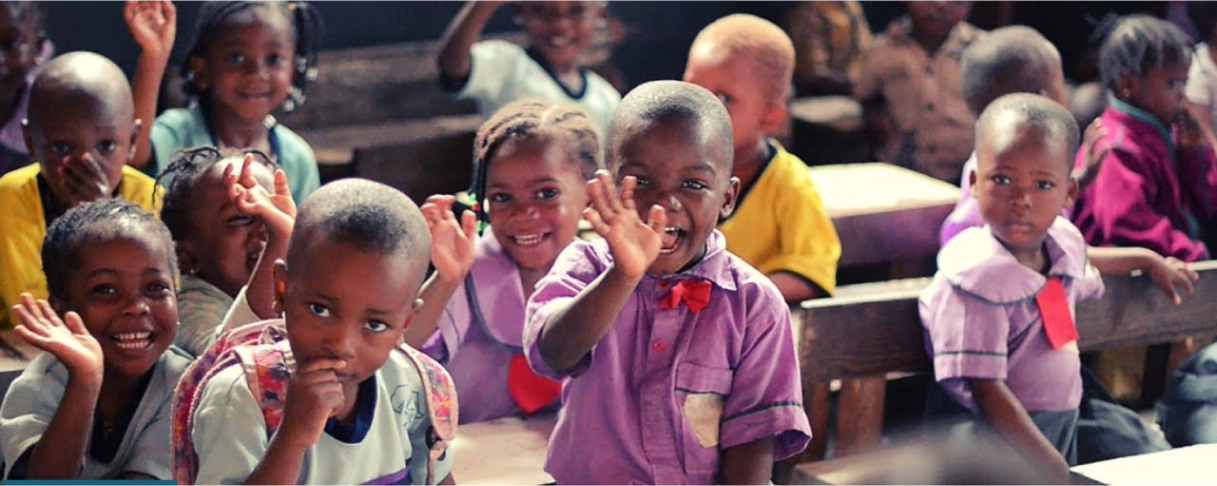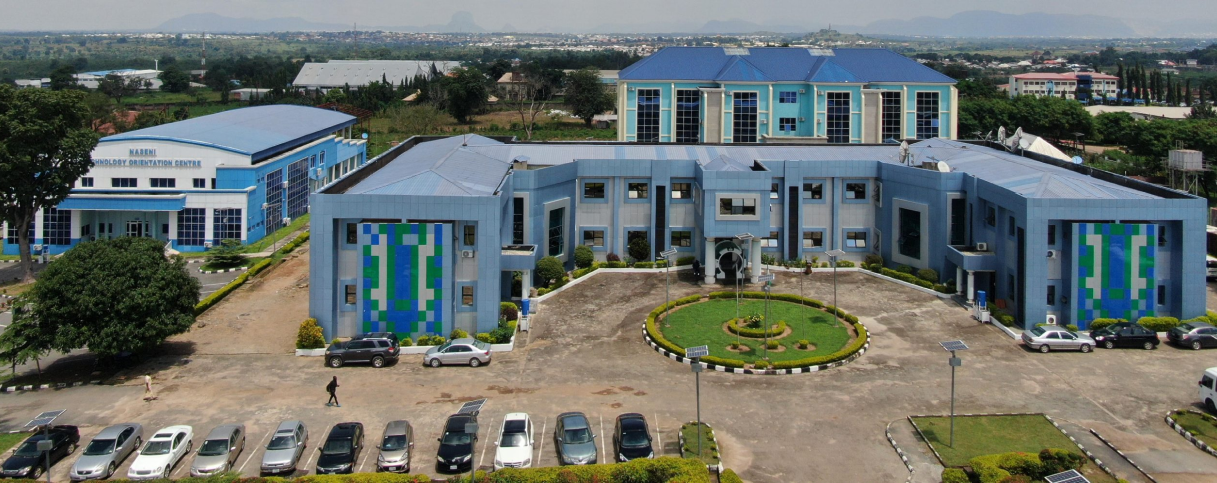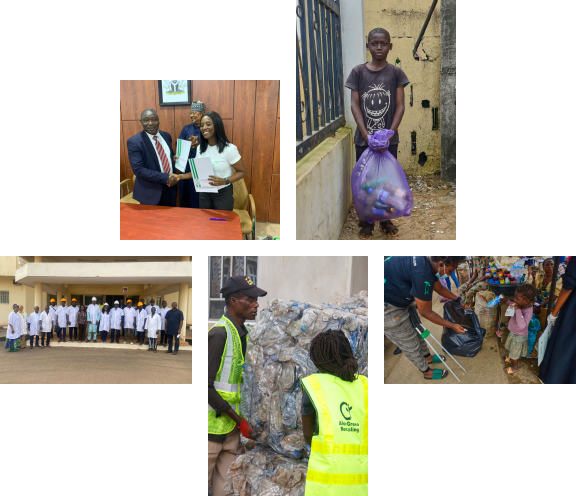Strategic Partners
Case studies from some of our strategic partners
Keeping children from poor households in school by collaborating with Access Bank
Morit International School and Access Bank
Morit International School is a low-income school serving 130+ children in Ajegunle, often referred to as the slum or ghetto of Lagos. Morit accepts plastic bottles as payment for school fees; One plastic bottle equals one naira. This initiative helps to keep children from poor households in school by accepting this alternative form of payment while simultaneously addressing indiscriminate plastic waste disposal.
According to UNICEF, Nigeria has one of the highest figures for out-of-school children globally with about 20 million out-of-school children. One in every five of the world’s out-of-school children is in Nigeria. Ignorance, poverty and insecurity are cited as the biggest contributors to the high number of children out of school.
Access Bank has partnered with Morit School to sustain this initiative and keep children from poor households in school by having their staff at the Head Office bring in their plastics weekly. Alon Green picks, weighs the plastics collected and pays Morit School the equivalent to help pay the fees of children. This is a pilot at the Head office that we are looking to scale across Access Bank and other banks.

Making recycling more economically viable by providing good quality equipment locally
National Agency for Science and Engineering Infrastructure (NASENI)
Alon Green signed a 5 year MOU with the The National Agency for Science and Engineering Infrastructure (NASENI) on the design, fabrication and production of plastic recycling machinery and equipment. One of the major challenges plaguing the local recycling and plastic waste management sector is the poor quality of locally fabricated recycling equipment and the high cost of equipment importation.
This partnership between NASENI and Alon Green is of significant importance to the local recycling sector because it provides a local solution to a local challenge. This collaboration has the potential to make recycling more economically viable for Nigerian SMEs by providing good quality equipment locally and cutting out the need to import recycling equipment.


